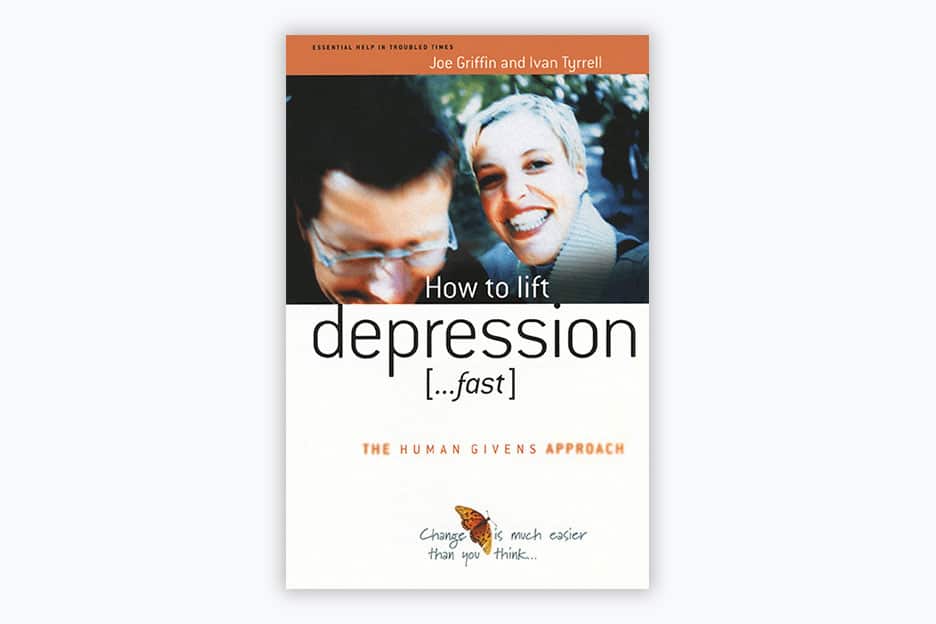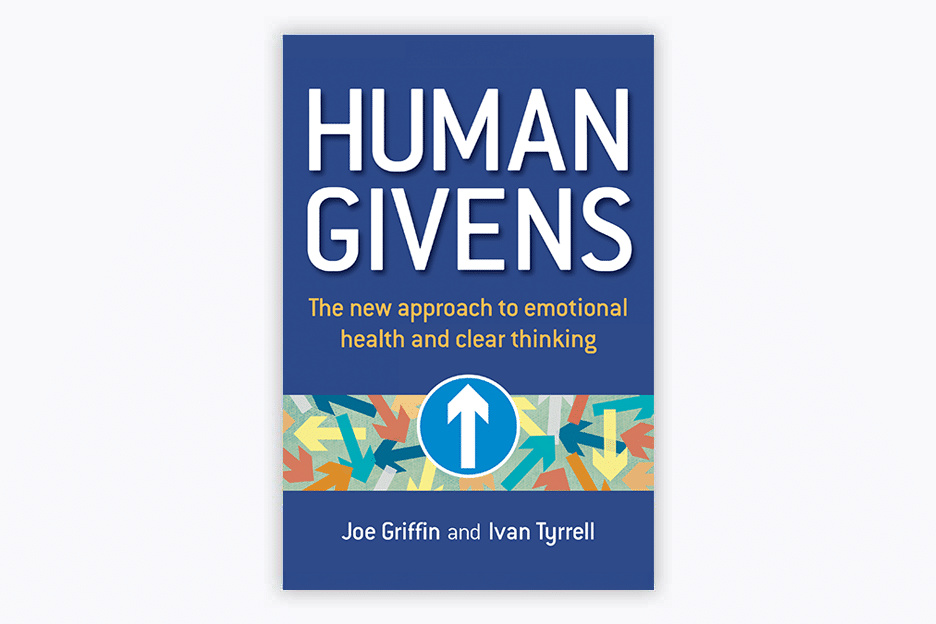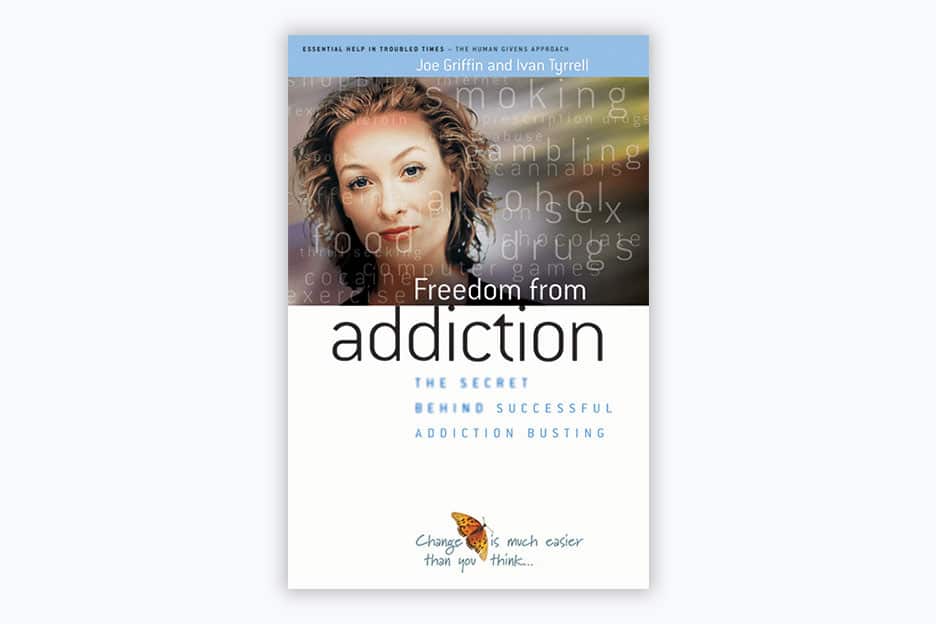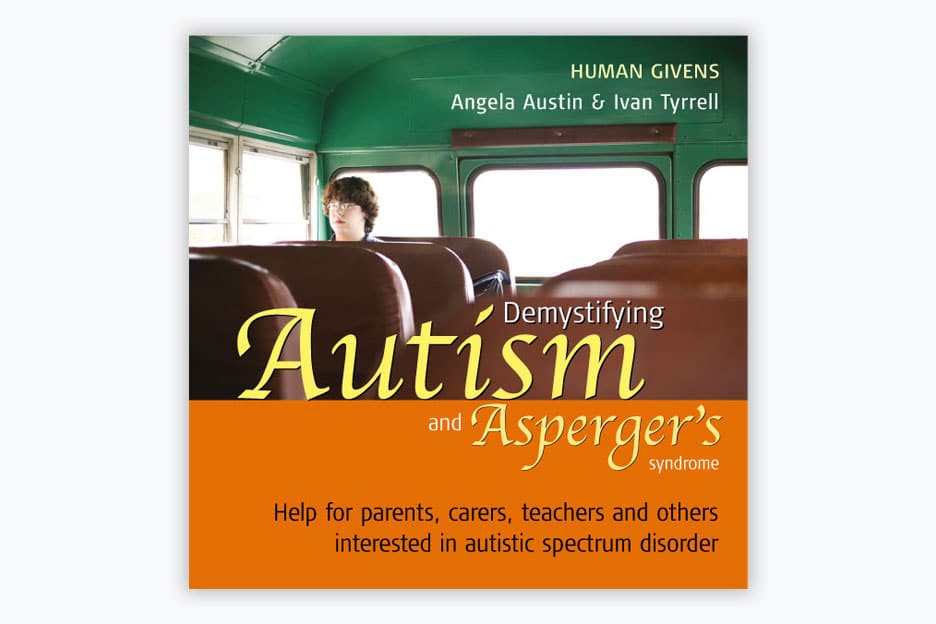What to expect from human givens therapy
Human givens practitioners* offer practical, solution-focused help that deals with mental and emotional distress in the here and now. They won’t waste time just endlessly listening to you or attempting to dredge up real or imagined miserable memories from the past. Nor do they deal in time-wasting so-called voyages of ‘self-discovery’…
Their psychotherapy training ensures that they have a sound body of evidence-based knowledge and the proven skills to help both adults and children as quickly as possible with a wide variety of emotional and behavioural difficulties.
They learn how to:
- reduce anxiety — generalised anxiety, panic attacks, fears, phobias, obsessions (OCD), lack of confidence or overwhelming stress and pressure can be treated effectively
- break the cycle of depression — the human givens approach is the best available psychotherapeutic treatment for most cases of depression, even chronic depression can often be lifted quickly and the meaning and joy returned to life
- resolve trauma — dissolve the symptoms of post traumatic stress disorder (PTSD), however severe, safely and quickly
- manage anger — anger disorders damage health, increase the likelihood of an early death and cause enormous misery among relatives, colleagues and innocent bystanders
- stop addictive behaviour — people can be freed from all forms of addiction – alcohol, drugs, gambling, sex, TV and computer games, eating disorders – providing they want to make the effort to stop
- relieve medical conditions — many conditions such as psoriasis, eczema, asthma, irritable bowel syndrome, chronic pain and migraine, have an emotional component. Stressful events often trigger an outbreak because emotions affect health – and vice versa
- improve relationships — relationship difficulties are often self-perpetuating because our beliefs and reactions to one another trigger patterns of behaviour which stop us solving them. When couples want to stay together but are having problems, human givens therapists can help.
When our emotional needs are not being met, or when our resources are used incorrectly, we suffer considerable distress and so can those around us.
A human givens practitioner, therefore, will focus on helping their client to identify their unmet emotional needs and empower them to meet these needs by activating their own natural resources in new ways. To do this they use a variety of up-to-date, proven techniques aimed at problem solving.
The following knowledge, skills and attitudes are characteristic of the human givens approach.
A human givens counsellor or therapist:
- knows how to build rapport quickly
- knows how to get good quality information from their clients
- understands depression and how to lift it
- can help immediately with anxiety problems, including trauma or fear- related symptoms
- is prepared to give advice if needed or asked for
- will not use jargon or ‘psychobabble’
- will not dwell unduly on the past
- will be supportive when difficult feelings emerge, but will not encourage people to get emotional beyond the normal need to ‘let go’ of any bottled up problems
- may assist clients to develop social skills so that their needs for affection, friendship, pleasure, intimacy and their connection to the wider community can be better fulfilled
- will help clients to draw on their own resources (which are usually greater than they think)
- will be considerate of the effects of counselling on the people close to their clients
- can teach clients to relax deeply when needed
- can help clients think about their problems in new and more empowering ways
- can use a wide range of techniques
- may set tasks between sessions
- will take as few sessions as possible
- will increase their client’s self confidence and independence and make sure they feel better after every consultation.
* Fully qualified human givens practitioners have completed the Human Givens Diploma up to practitioner level (Part 3) and will be listed on the HGI’s professional register, which is accredited in the UK by the Professional Standards Authority for Health and Social Care (PSA). HG Practitioners who are working towards their full qualification must clearly show their trainee status. All HG therapists work within the limits of their training and experience (see detail in paragraph below) and, as part of their requirements of registration, must refer any client on to a medical professional when it is deemed necessary or appropriate to do so.
The HGI’s code of conduct requires that human givens therapists work only within their current capacity and competence; trainee therapists may work only with clients with mild to moderate symptoms. Newly qualified therapists may gradually expand the range of issues with which they work, after relevant discussion with their supervisor. Therapists may work in specialist areas, such as disordered eating, and with particular populations, such as children and young people, only after completion of additional, appropriate training.





